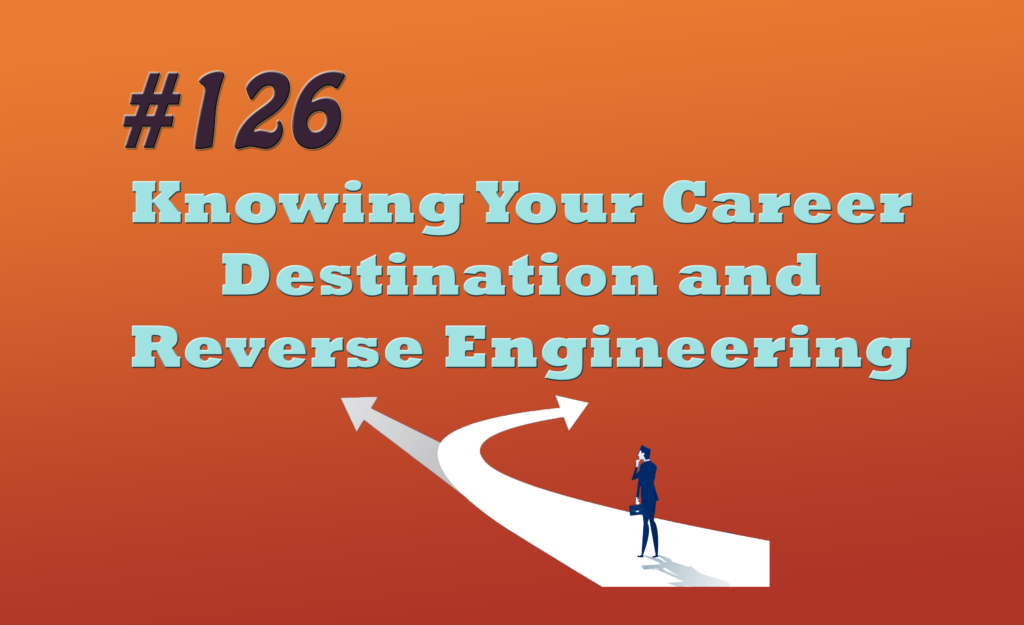
Most Sales Engineers wind up being an SE either by accident or without knowing what the specific title entails. However, I just love that many Sales Engineers are capable and qualified to be CEOs. In today’s podcast, we get to see how having a background in pre-sales can be beneficial in leading a startup or founding your own company. Join me in my chat with Larson Stair, a former Sales Engineers, as he gives us a peek behind the non-traditional path he took towards becoming a CEO, and how thinking ahead and understanding where you want to go played such a vital role in his entrepreneurial journey.
Larson Stair is the CEO and co-founder of Demoflow, an all-in-one collaborative platform that helps software sales organizations create scalable processes around how they’re pitching and presenting their own products. Before starting his own company, Larson has spent 10 years in the sales environment, having held multiple roles within SaaS as an SDR, SE, AE, and SC. He is deeply passionate about entrepreneurship, software start-ups, and full-cycle SaaS sales.
Key Takeaways
Listen to our interview and learn more about:
- What his original plan before entering the SaaS space
- What sparked his interest in entrepreneurship
- How Larson transitioned from working in the medical staffing business to becoming an SDR in the technology space
- Was it scary to go from medical sales to Software as a Service sales?
- How he went from an SDR to eventually start his own software company
- What his biggest challenges were in building a startup and how he and his co-founder dealt with them
- The skills he learned from his experience as an SDR that he still uses as a CEO today
- Which role did he enjoy more, being in sales or being an SE?
- How his own challenges in giving presentations and demos led him to come up with ideas for creating a platform that could resolve those challenges and produce better, more seamless presentations
- How he and his co-founder came up with the methodology for Demoflow
- How getting customer feedback early in the making of the product helped in the selling of it later on
- How his experience in sales helped him get funding and investment for his company
- What his current day looks like as a CEO and how he still finds time for himself and his personal life
Quotes:
What made the transition from medical to SaaS sales easier? “I wanted to get into SaaS sales at that time, but just couldn’t branch into it almost 10 years ago. So I had to learn more about just how to sell in general, which landed me in the medical selling space, and always keeping in the back of my mind that I really wanted to be an entrepreneur, I want to start my own software company. I knew I needed to sell software before actually getting to that spot, so that’s why that transition from medical to software made a ton of sense for me, it had been part of a larger 10-year plan, to just work my way to get to that spot.
The importance of getting customer feedback: “We’ve always kept this in our mind that we need to get feedback early and often, because otherwise we’ll build a tool just for ourselves, and so we aren’t shy about getting out a product early, showing people screenshots and mockups.”
His advice to sales engineers thinking about starting their own company: “The entrepreneurial route is no joke. You have to really want to do this. You need a passion for solving the problem that you’re solving. I mean, if we were to stop doing Demoflow, I’d probably have to go get a software gig somewhere else and I’d have to do demos the old way, and that sounds so painful that I am just so motivated to keep this thing going.”
Not So Fire Round
- What do you love about your current role in Demoflow and the work that you do?
There’s a possibility in this. I have full control over the future, so you live and die by your own decisions, I’m a skydiver, so that’s my hobby. I want to be able to control my destiny, so that’s the part that I like the most.
- What would you change about your role today?
I don’t know if I would change anything. I’m learning new things every single day, what it means to be a CEO of a small startup company and the pressures that come with it, and just embracing it. Whether I like it or don’t like it, it’s all a part of it. You can’t have the good without the bad.
- Is there any resource you would recommend to people who want to become startup founders?
The Techstars Network and Accelerator Program
- What differentiates great Sales Engineers from the not so great ones?
Being process-oriented is a big part of it because you’re working with other parties, your sales counterparts, how do you maintain great relationships and coach them to do great discovery calls, and then doing enough preparation on the front half because as Chris White would say, “Selling is a team sport. So, prepare on the front half and make sure you’re both in alignment and sync before going into the call. Anyone can run a generic demo, but only a few can run great personalized demos that captivate people’s attention.
For more information on Demoflow:
Connect with Larson Stair on LinkedIn
If you enjoyed this podcast, please support the show by dropping a review or rating on iTunes. https://podcasts.apple.com/us/podcast/we-sales-engineers-resource-for-sales-engineers-by/id1378292171
And if you’ve been affected by COVID as an SE, please check out our Leave No SE Behind initiative so that we can help you. https://wethesalesengineers.com/no-se-left-behind-initiative/




This Post Has One Comment
Pingback: 4/1/1 Locus of Control | We The Sales Engineers